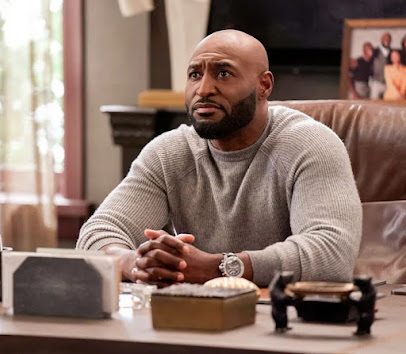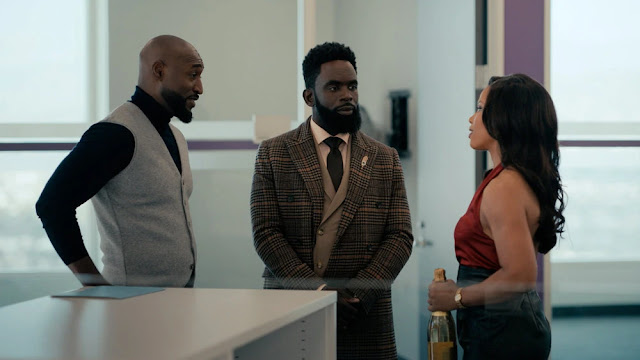Self-Conscious Emotions
This post delves into Uncle Phil's experience of a self-conscious emotion—pride intertwined with humility—stemming from various appraisals and attributions throughout his journey. Phil's emotional landscape seems deeply rooted in his values, goals, and the impact of significant life changes, especially his transition to Bel-Air and the challenges and successes it brought.
The appraisals and attributions that triggered Phil's pride and humility were notably linked to his beliefs in hard work, perseverance, and commitment to positive change in the criminal justice system. He attributed his success not only to his own resilience but also acknowledged the collaborative nature of achievement, attributing a portion of it to external factors like his team and community support. This acknowledgment fostered a sense of humility alongside his pride, indicating his recognition of a shared vision and collective effort.
Phil's pride, rather than other self-conscious emotions like shame or guilt, seems rooted in his emphasis on personal growth, perseverance, and the positive impact he brought to the community. This pride isn't tied to a personal failure (shame) or a specific action harming others (guilt) but rather to accomplishments and contributions, aligning with his growth mindset and belief in self-efficacy as driving forces for success.
His emotional landscape, closely intertwined with his family's well-being, career success, and moral integrity, underscores the complex array of emotions he navigates. These emotional appraisals enrich his character's depth, highlighting the interplay between his aspirations, values, and the circumstances he encounters.
Phil's emotional journey in "Bel-Air" is intricately linked to his goals, values, and the challenges he faces. The emotions he experiences—rooted in family, career, and moral principles—add layers to his character, shaping his actions and interactions within the series.
Uncle Phil's career is a significant aspect of his character in "Bel-Air." His appraisal of maintaining high professional standards and upholding the law remained unwavering, serving as intrinsic elements of his identity. This unwavering commitment to his career evoked emotions of professional satisfaction, accomplishment, and pride.
His successful legal career, as a District Attorney heralding significant changes in Greenwood, was a pinnacle achievement for Phil. The series highlight his reflection on the obstacles he overcame, the determination fueling his path through law school, and his belief in effecting positive change in the criminal justice system. These attributions and appraisals fueled his pride.
For Uncle Phil, professional success wasn't merely a goal; it was a fundamental part of his identity and a platform to drive the change he sought. The realization that his career allowed him to make a substantial impact in his community evoked emotions of fulfillment and satisfaction, reinforcing his dedication to the path he had chosen.
The pride Phil experienced in his career was distinct from shame or guilt. Unlike shame, which often involves a focus on personal failure, or guilt, tied to specific actions harming others, Phil's pride stemmed from his accomplishments within the legal sphere and the positive contributions he could make as a District Attorney.
His career served as a canvas to fulfill his vision for a more equitable criminal justice system, emphasizing rehabilitation, diversion programs, and community engagement. This alignment between his career goals and his actions invoked a profound sense of purpose and fulfillment, driving his emotions in a positive direction.
Uncle Phil's emotional appraisal of his career encapsulates a sense of professional fulfillment, accomplishment, and dedication to upholding the law, underscoring the intricate link between his professional identity and his emotional landscape within the series. His career not only defines his identity but also serves as a platform for him to make a meaningful impact, reflecting his values and aspirations.




Comments
Post a Comment